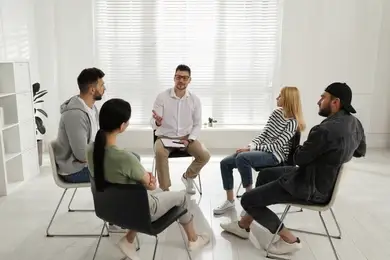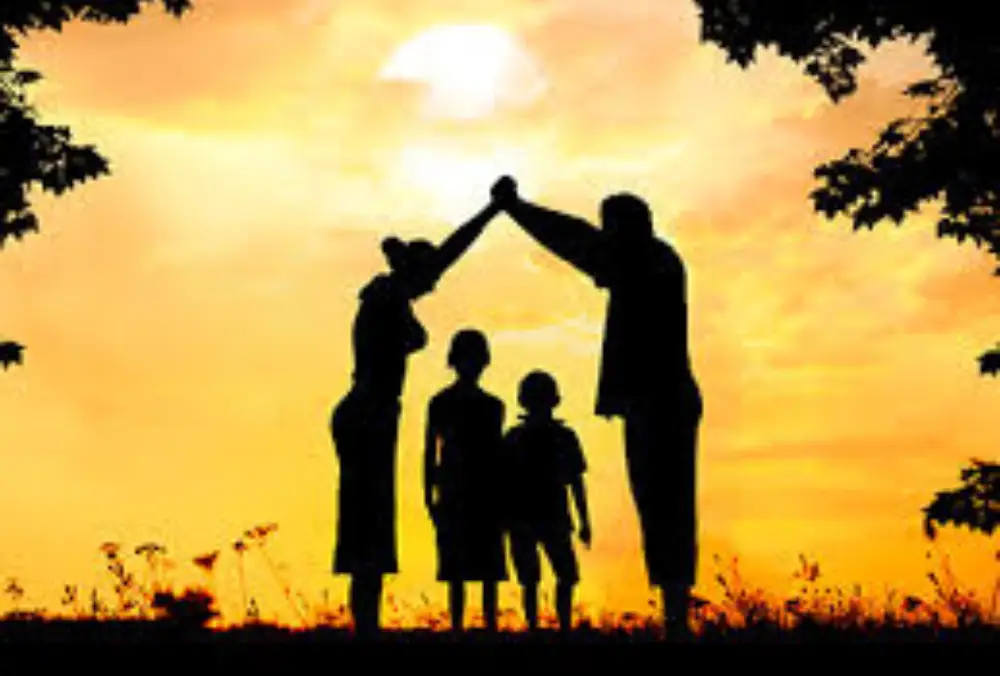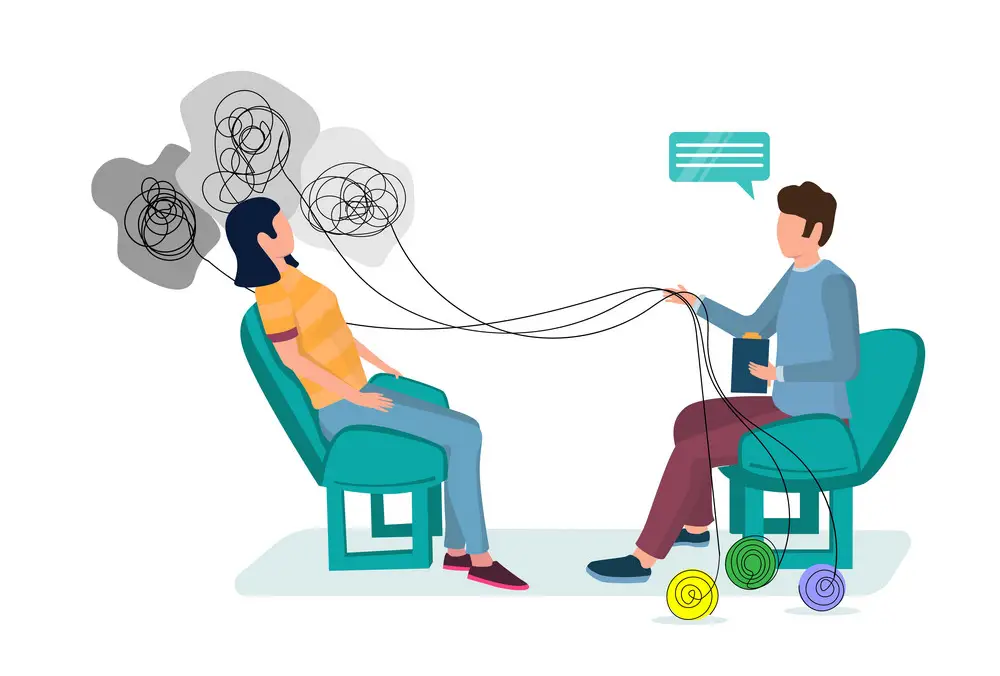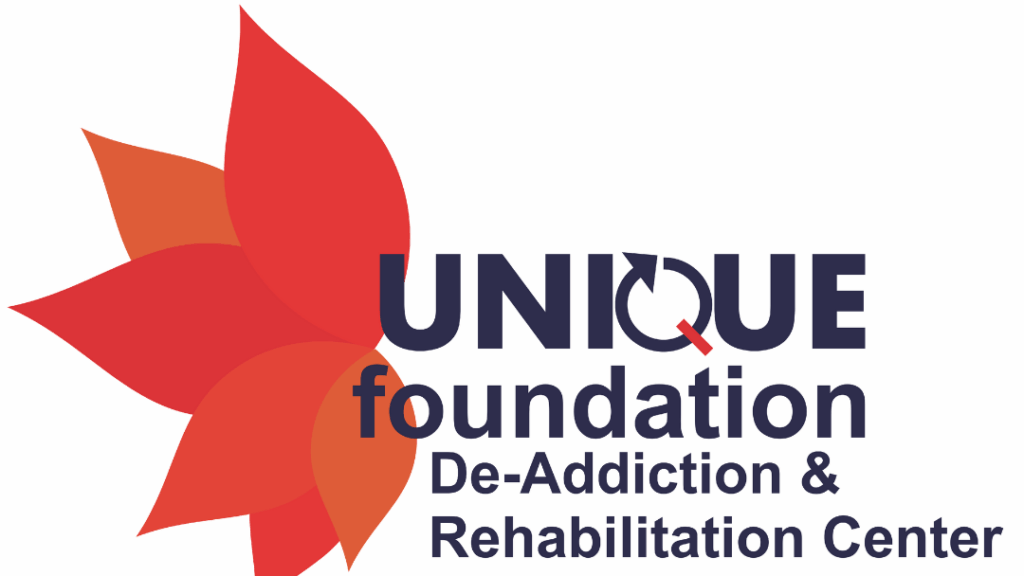Our Services
Individual Counselling
Individual counseling, also known as therapy or psychotherapy, is a form of mental health treatment where a trained therapist or counselor works one-on-one with a person to address and explore various personal issues...
Family Counselling
Family counseling, also known as family therapy, is a form of psychotherapy that focuses on improving communication and resolving conflicts within a family unit. It involves a trained therapist or counselor ...
Yoga & Meditation
Yoga and meditation are practices that have been around for centuries and are deeply rooted in ancient traditions, particularly in Indian philosophy and spirituality. They are often practiced together but ...
Group Counselling.
Group counseling is a form of psychotherapy in which a trained therapist works with a small group of individuals who are experiencing similar issues or challenges. It provides a supportive and confidential environment ...
Group Sessions
Group sessions typically refer to organized meetings or gatherings where a group of individuals comes together to participate in a shared activity, discussion, therapy, or learning experience...

Deaddiction center in Pune
We, Unique Foundation DE Addiction Center in Pune have started this organization to help people get rid of addiction of drugs and alcohol. At our rehabilitation centre, situated at Dhayri Narhe Road-Dhayari, Pune, Maharashtra, we avail our clients an informal, safe, loving ambience, in freedom, conducive to effective recovery. For true healing, we have found that it happens only in freedom. Our list of treatments include detoxification, counselling, meditation, and therapy sessions for better progress. The program is essentially voluntary with absolutely no use of Psychiatric medications unless there is an underlying disorder that surfaces during or after detoxification. We aim at treating our clients in the best possible manner and help them in a way that makes their life better and happier.
Our Facilities
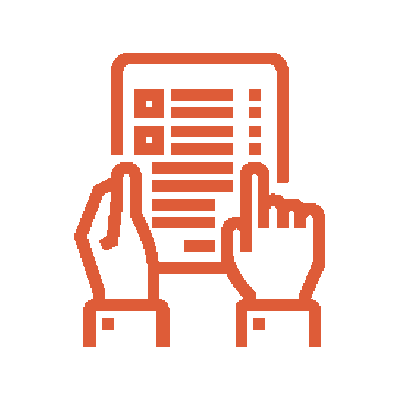
program
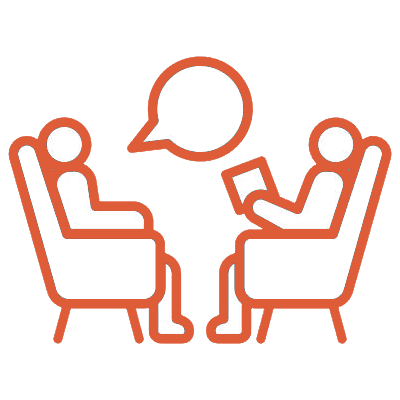
psychiatrist
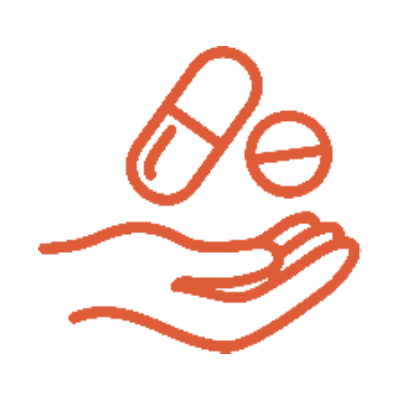
proper medication
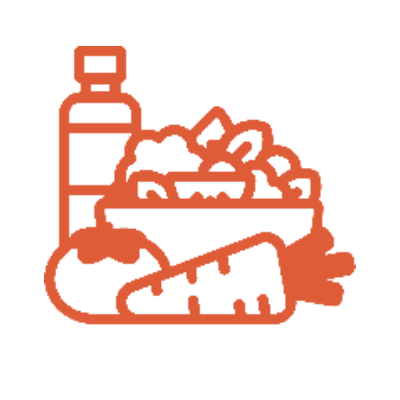
nutritious food
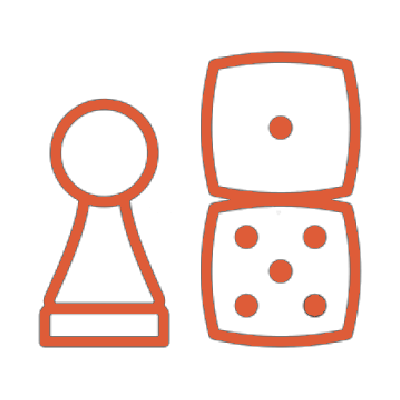
indoor games

tv

book library
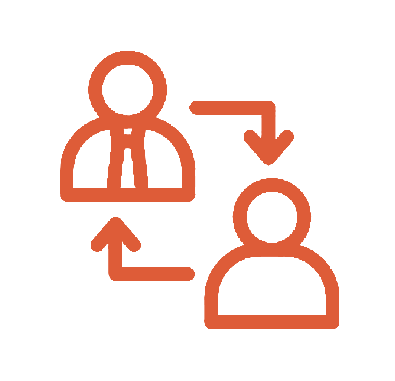
Followup Program
A de-addiction center envisions providing a supportive environment for individuals struggling with substance abuse, aiming to facilitate their recovery and rehabilitation. The focus is on comprehensive treatment, including counseling, therapy, and medical support, to address both physical and psychological aspects of addiction. The vision includes fostering a sense of community, promoting long-term sobriety, and empowering individuals to lead fulfilling lives free from substance dependence.
1. Provide Compassionate Care: Offer empathetic and non-judgmental support to individuals seeking recovery from addiction.
2. Facilitate Recovery: Create a structured program that includes counseling, therapy, and medical interventions to help individuals overcome substance dependence.
3. Educate and Raise Awareness: Promote awareness about the dangers of addiction, providing education to prevent future substance abuse.
4. Address Dual Diagnosis: Recognize and treat co-occurring mental health issues alongside addiction to ensure holistic healing.
5. Empower Individuals: Equip patients with coping mechanisms, life skills, and a support network to enhance their ability to maintain long-term sobriety.
6. Foster a Supportive Community: Build a community within the center where individuals can share experiences, offer encouragement, and strengthen their commitment to recovery.
7. Prevent Relapse: Develop relapse prevention strategies and ongoing support systems to reduce the likelihood of relapse after leaving the center.
8. Collaborate with Stakeholders: Work closely with families, healthcare professionals, and community organizations to create a collaborative approach to addiction treatment and recovery.
9. Promote Reintegration: Help individuals reintegrate into society by assisting with vocational training, employment opportunities, and rebuilding relationships.
10. Continual Improvement: Continuously evaluate and enhance treatment programs based on research, feedback, and evolving best practices in addiction medicine and psychology.
Our Gallery
